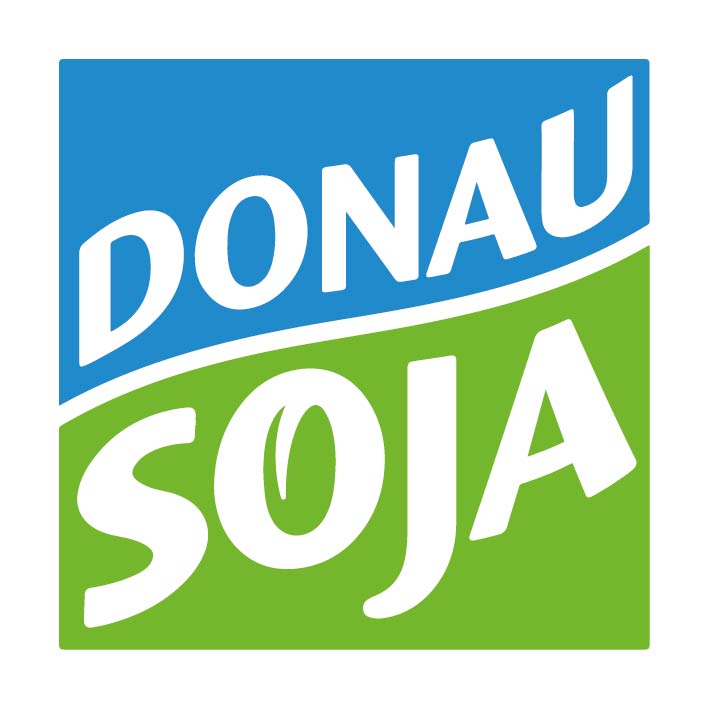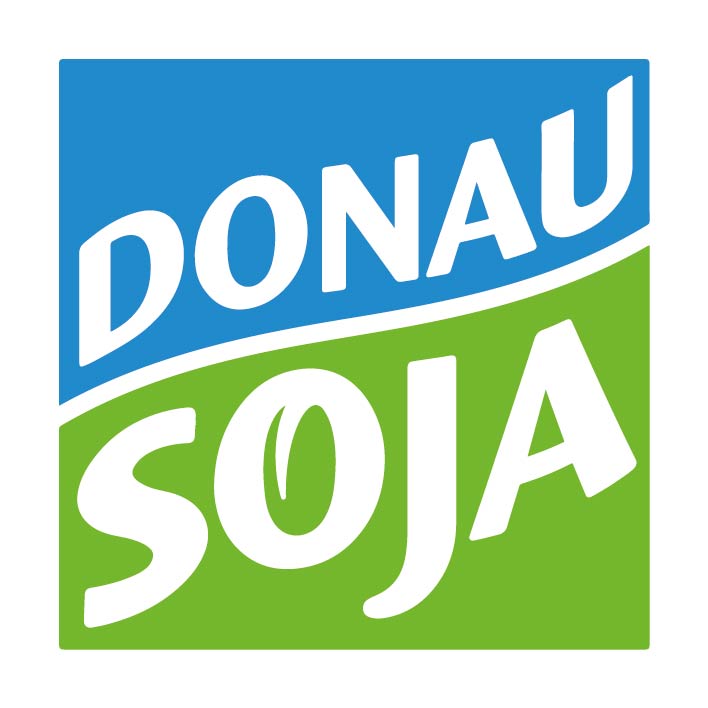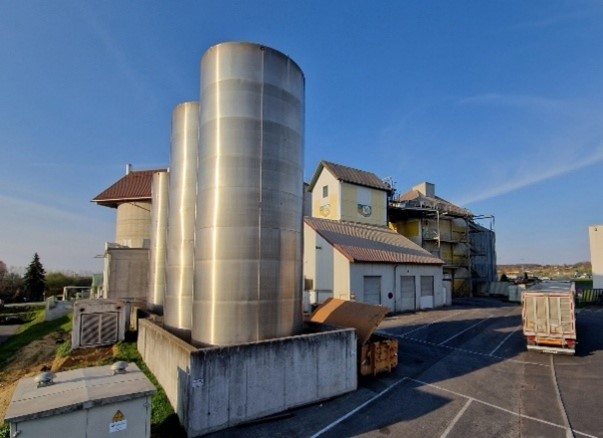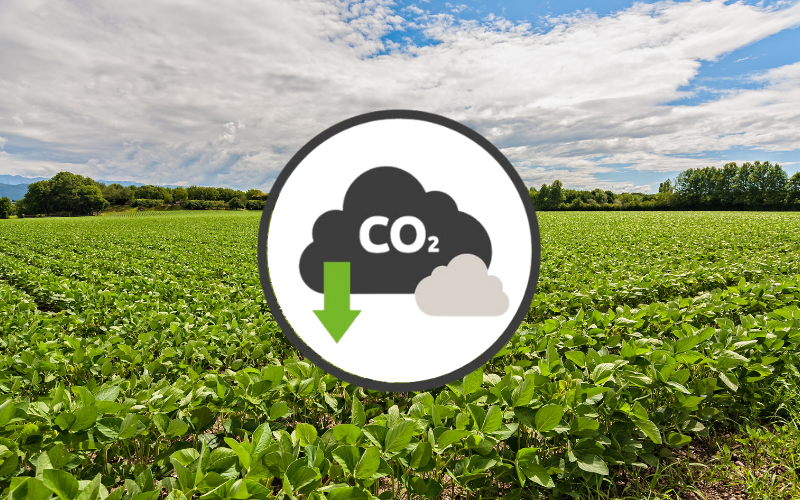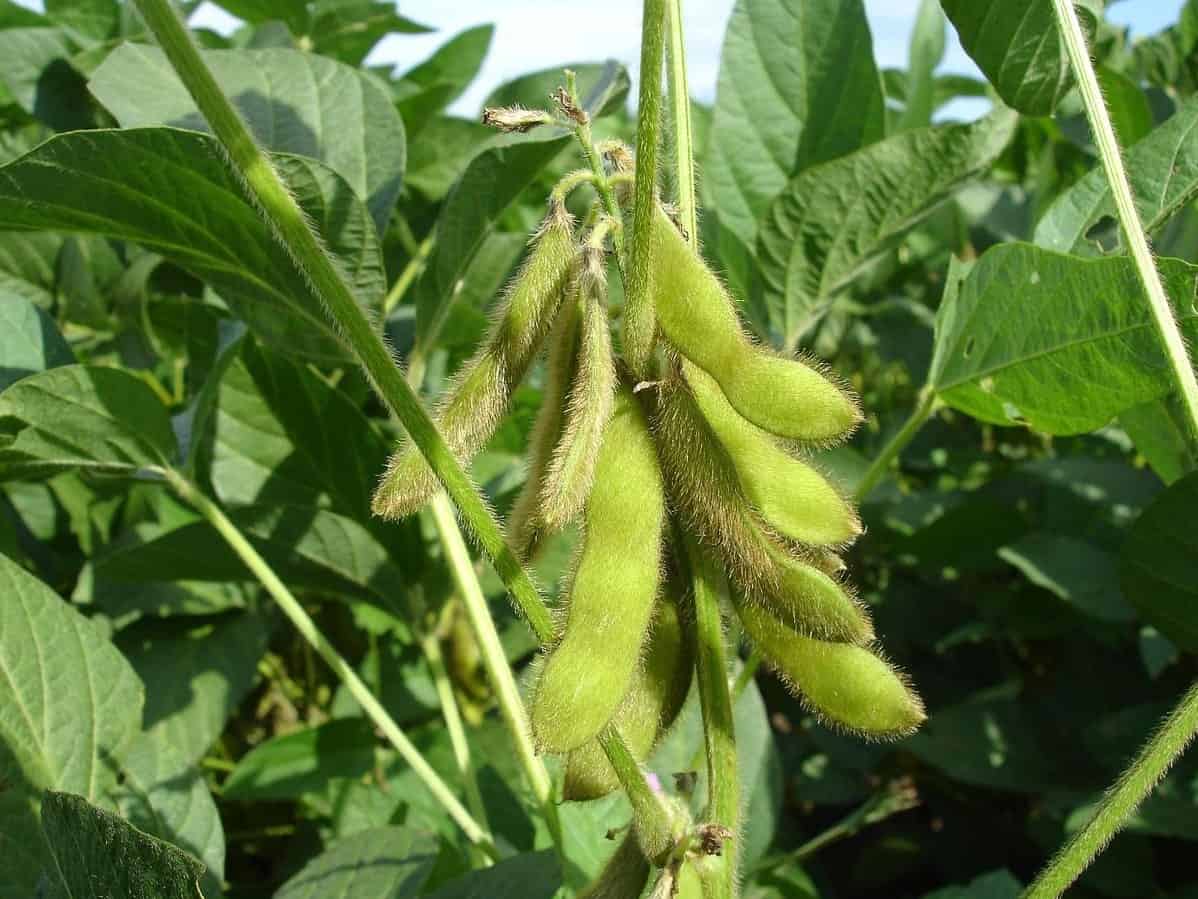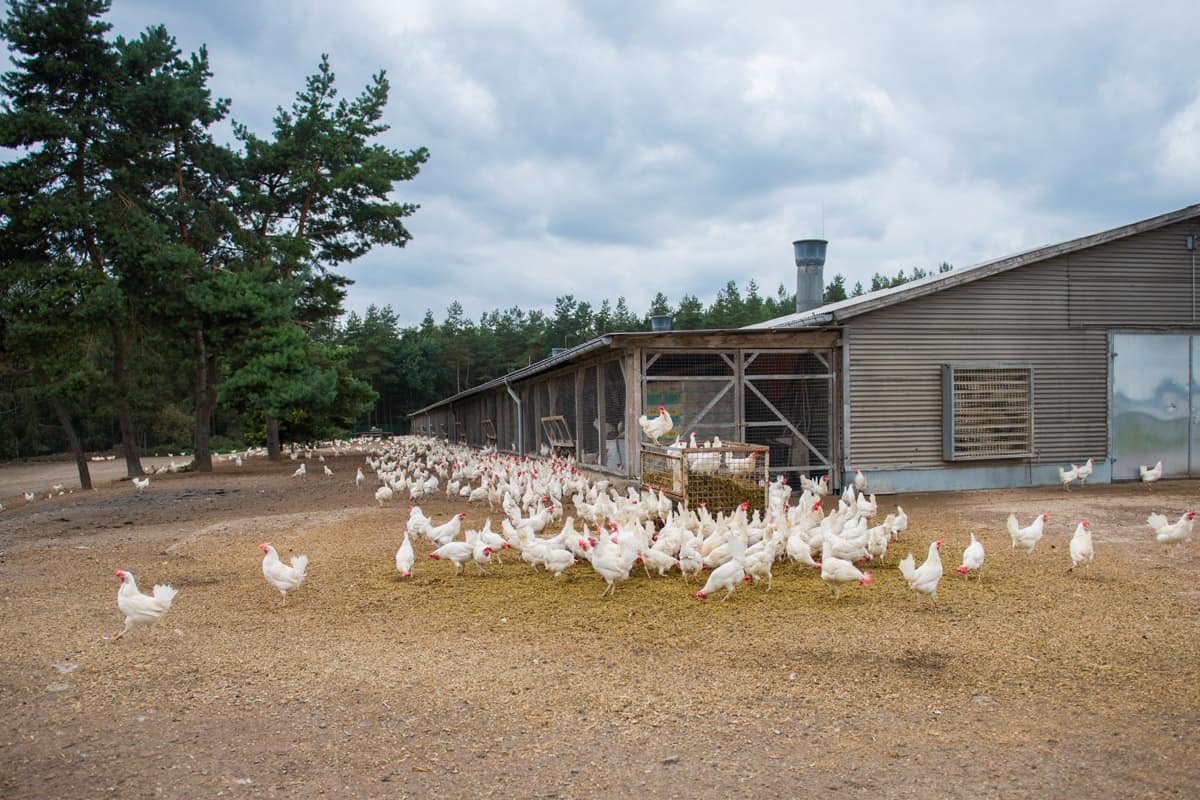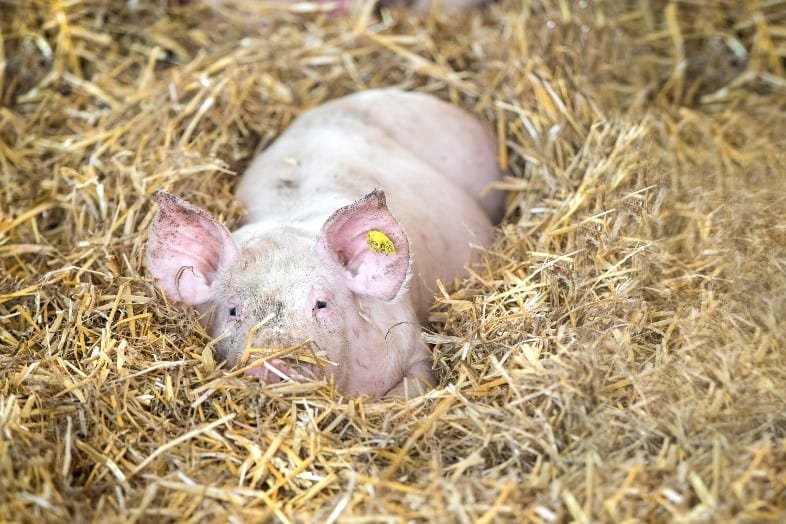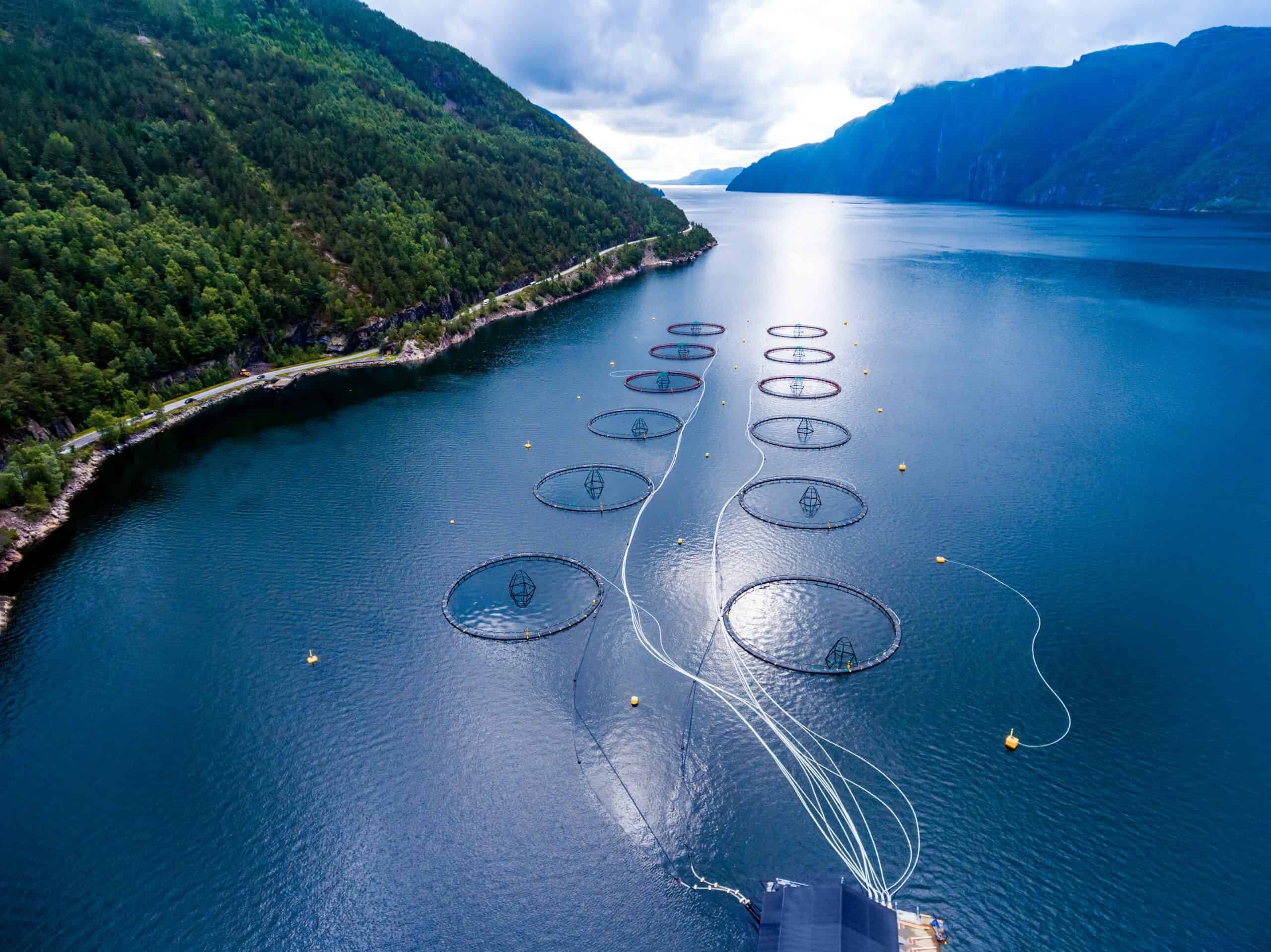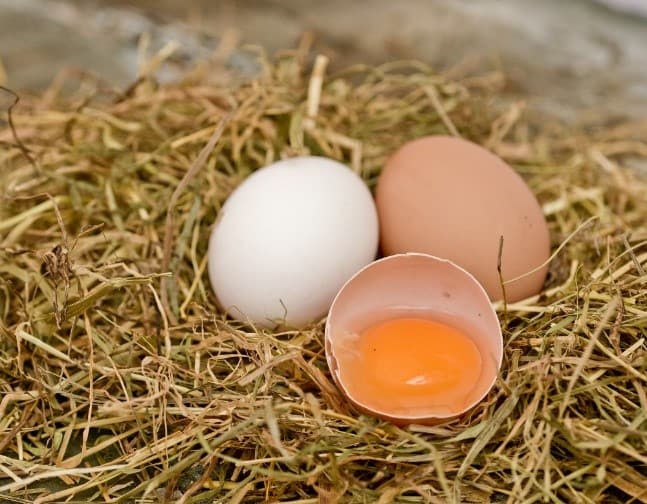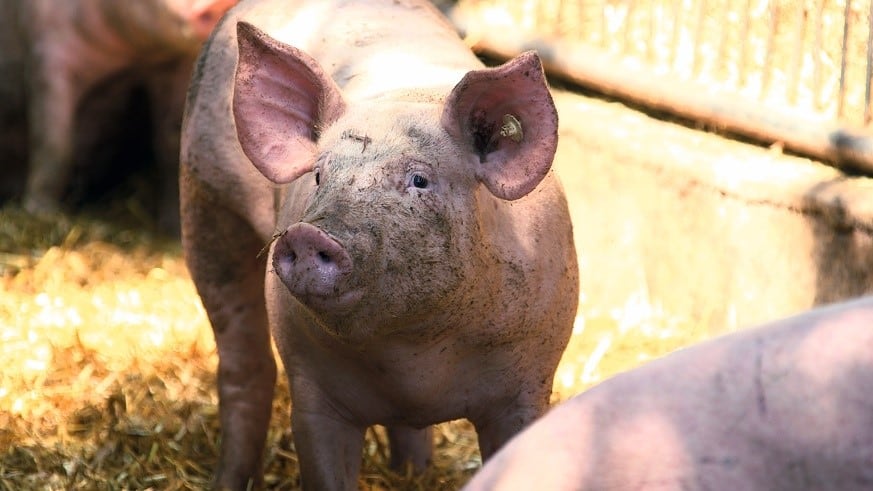Life Cycle Assessment/ Carbon Footprint Project
DONAU SOJA / EUROPE SOYA
A CLIMATE FRIENDLY ALTERNATIVE
And finally, it is all about soya. More than 35 million tonnes soybean equivalents are annually imported to the EU-27. Although the demand of soya for human consumption has increased in recent years, the lion’s share of soya production is used for animal feed. In the production of animal-based food, relevant amounts of greenhouse gas emissions already emerge during animal feed production.
Since March 2020, Donau Soja has commissioned the Research Institute of Organic Agriculture (FiBL) Austria to investigate how using Donau Soja / Europe Soya-certified soya products impacts the carbon footprint of food and feed products. Additionally, since 2021 Blonk Consultants (Netherlands) analysed the environmental footprint of Donau Soja / Europe Soya-certified soybean production in different European countries.
Find out more below or contact us via sustainability@donausoja.org.
02/2025: Europe Soya certified soybean meal and oil reduces 80 – 90 % of CO2 emissions
–
A recent study by the Research Institute of Organic Agriculture (FiBL) Austria analysed the carbon footprint of soybean meal and oil produced by BAG Oilmill in Güssing, Austria, using European soya and soya certified under Donau Soja / Europe Soya standards.
The results show greenhouse gas emissions reductions of about 90 % for both soybean meal and oil compared to imports from Brazil. Compared to the European market mix, reductions of more than 80% for soybean meal and 40 % for oil are possible.
One kg of Europe Soya certified soybean meal from BAG generates only 0.36 kg CO₂ equivalents (CO₂e), compared to 1.99 kg CO₂e for conventional soybean meal on the European market.
For soybean oil, BAG’s Donau Soja / Europe Soya certified product results in 0.7 kg CO₂e per kg, while uncertified oil from Brazil exceeds 8 kg CO₂e. per kg.
These findings underline the climate benefits of Donau Soja that help companies to reach their climate targets for SBTi and CSRD.
01/2025: Donau Soja / Europe Soya certified soybeans reduces over 90% of Co2 emissions
–
A new study by Mérieux NutriSciences | Blonk provides LCA values for Donau Soja / Europe Soya certified soya beans that can be used for all growing countries. With a carbon footprint of 0.3 kg CO2-equivalents per kg of soya beans, Donau Soja / Europe Soya certified soya beans cause less than half the emissions compared to average European soya beans and avoid more than 90% of the emissions compared to non-certified Brazilian soya beans.
The new data set makes it easier for companies to carry out LCAs with Donau Soja / Europe Soya and to set reduction targets for SBTi and CSRD, as the data can be used for all Donau Soja / Europe Soya growing countries.
05/2023: Europe Soya certified soybean meal reduces over 80% of Co2 emissions
–
A recent study by the Research Institute of Organic Agriculture (FiBL) Austria assessed the carbon footprint of soybean meal by Ukrainian processor AdamPolSoya (ATK Group) using Europe Soya certified soybean from Ukraine. The results show a reduction of GHG-emissions of up to 82%: 1 kg of ES certified soybean meal by AdamPolSoya corresponds to 0.36 kg CO2-eq., whereas the average soybean meal available at the European market with the usual imported soybean mix is responsible for 1.99 kg CO2-eq.
04/2022: Minus 90%: Donau Soja / Europe Soya certified soybeans avoid greenhouse gas emissions
–
Blonk Consultants assessed the environmental impact of Donau Soja / Europe Soya certified soya beans in Serbia, Croatia, Ukraine and Romania. With a CO2 footprint of around 0.3-0.4 kg CO2 equivalents per kg soybean, Donau Soja / Europe Soya certified soybeans account for half of the emissions compared to average European soybeans and avoid more than 90% of emissions compared to Brazilian soybeans with a deforestation background.
03/2022: Decrease of 49 % of CO2 emissions in egg production at Teichweiden poultry farm
–
The CO2 footprint of eggs is largely determined by the feed for the laying hens. This is proven by the Research Institute of Organic Agriculture (FiBL) Austria at the example of eggs from the Teichweiden poultry farm in Thuringia. Compared to the average German egg with 2.9 kg of CO2 per kg of egg, the Teichweiden eggs avoid 1.4 kg of CO2 per kg of egg, which is an impressive 49% reduction.
05/2021: Up to minus 49% CO2 reduction with swabian-hall pork
–
By using Donau Soja / Europe Soya-certified feed, the Swabian-Hall pork avoids about 31% of the CO2 emissions compared to an average Southern German pig production system. In the organic version with, among other things, the farm’s own protein feeds, the reduction is as much as 49%. The Research Institute of Organic Agriculture (FiBL) Austria proves how the carbon footprint of pork is largely determined by the feed.
01/2021: CO2 reduction in pork production thanks to Donau Soja – Gustino-Pig reduces 42% of greenhouse gas emissions
–
The Carbon Footprint of pork is largely determined by the feed. A recent study by the Research Institute of Organic Agriculture (FiBL) Austria proves this based on the feed from the Austrian GUSTINO-Strohschwein (“straw pig”) “climate-fit”. By using Donau Soja-certified feed, the GUSTINO programme avoids about 42% of CO2 emissions.
12/2020: Soy protein concentrate from europe soya certified soybeans cuts co2 emissions by 70%
–
The Carbon Footprint of soy feed components, such as Soy Protein Concentrate (SPC) is largely determined by responsible soya cultivation. A recent study by the Research Institute of Organic Agriculture (FiBL) Austria shows that the Carbon-footprint of 1 kg Europe Soya-certified SPC is 1.6 kg CO2 whereas the Brazilian SPC default accounts for 6.7 CO2 per kg SPC, which translates to a reduction of minus 70% of emissions.
11/2020: Donau Soja and Thanninger Freiheit a climate-friendly egg
–
The Carbon Footprint of eggs is largely determined by the choice of feed for laying hens. A recent study by the Research Institute of Organic Agriculture (FiBL) Austria proves this based on eggs of the brand “Thanninger Freiheit” by poultry farm Geflügelhof Aigner in Bavaria, Germany. Compared to the average German egg, the use of Donau Soja in Thanninger Freiheit eggs reduces 1.18 kg CO2 per kg egg. At total emissions of 2.90 kg CO2 per kg egg, this corresponds to a reduction of an astonishing 41%.
07/2020: Climate protection in Edeka pork production “Hofglück” thanks to Donau Soja / Europe Soja
–
The Carbon Footprint of pork production is largely determined by the choice of animal feed. A recent study by the Research Institute of Organic Agriculture (FiBL) Austria proves this based on the feed for pigs under the German retailer EDEKA´s program Hofglück (“Farm-Happiness”). By using Donau Soja / Europe Soja-certified soya feed, Hofglück-pork avoids around 40% of CO2 emissions.
